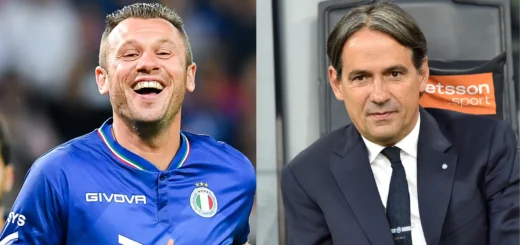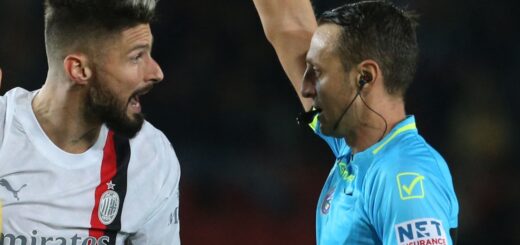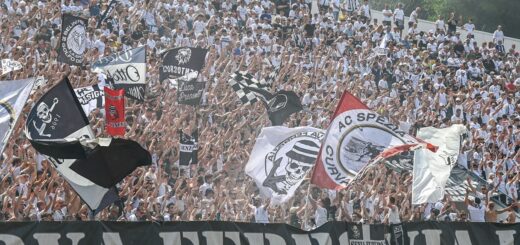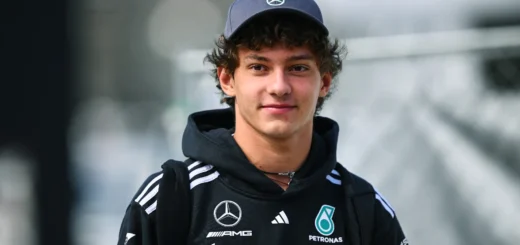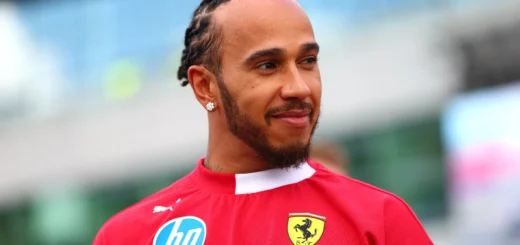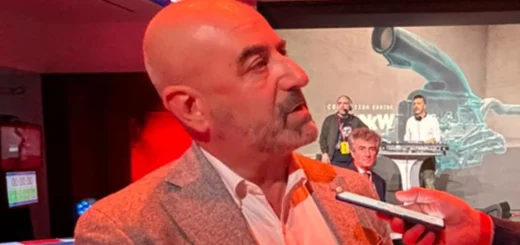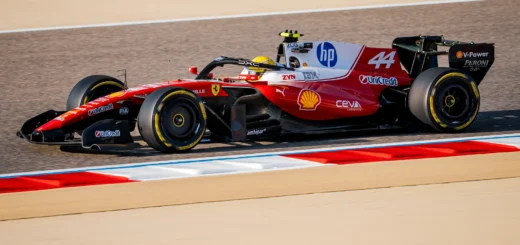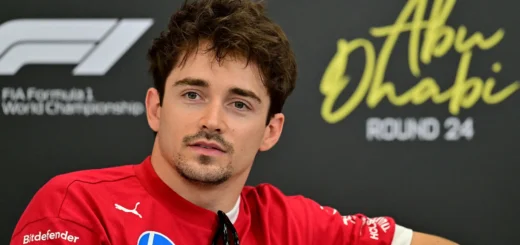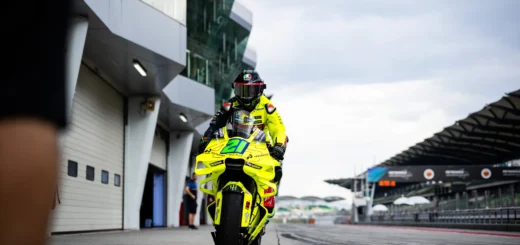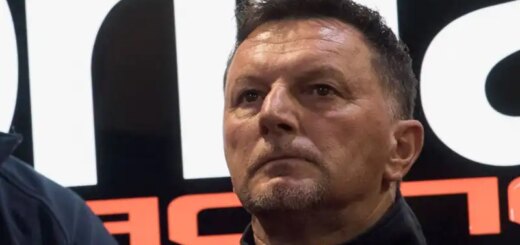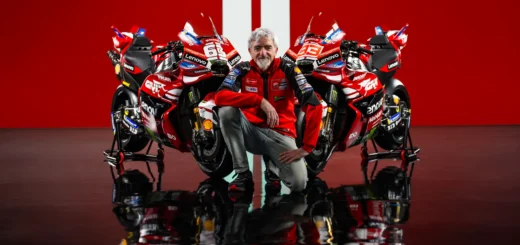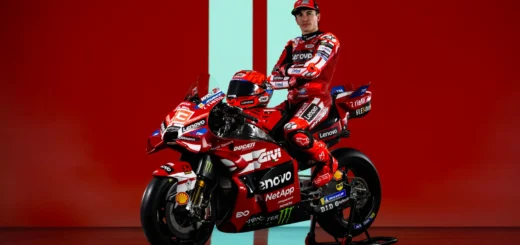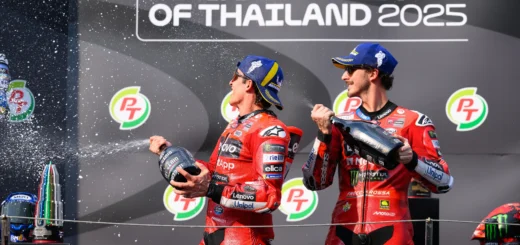Sinisa MIhajlovic, Roberto Mancini’s letter.
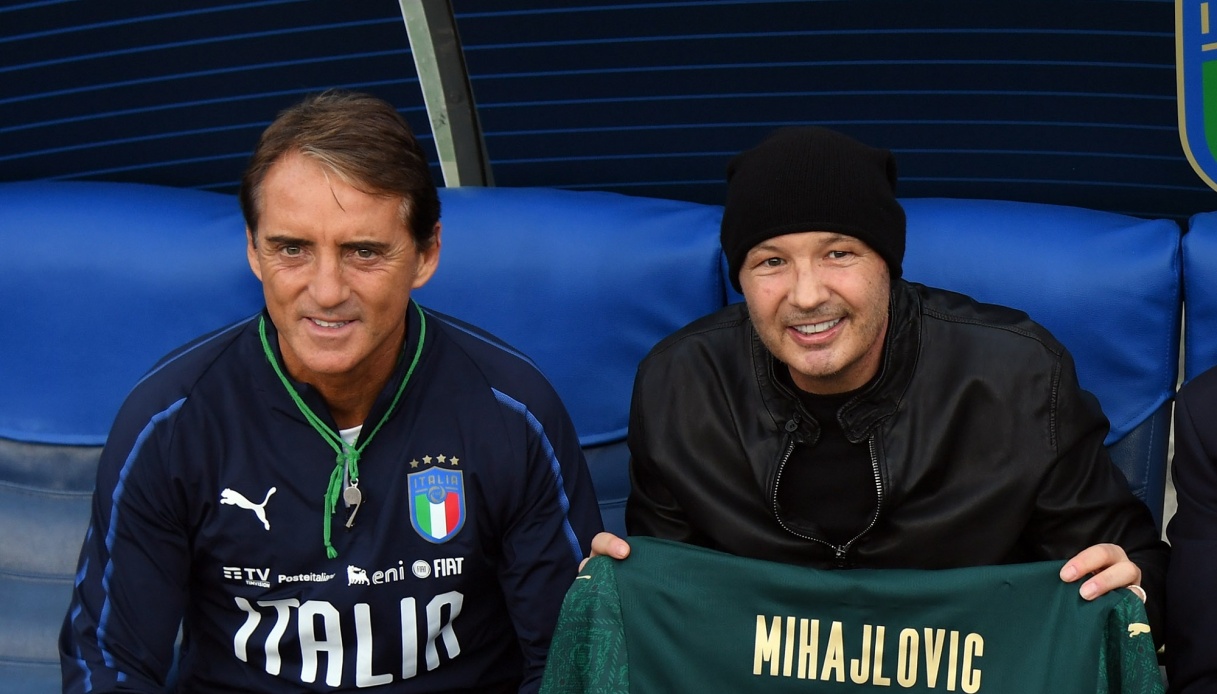
Roberto Mancini’s words
Roberto Mancini, coach of the national team, chose an open letter published by Gazzetta dello Sport to say goodbye to Sinisa Mihajlovic. “Since yesterday I no longer have a brother. Although this blood bond is sometimes abused now, in talking about friendships, I do not feel I am exaggerating in calling it so: for me Sinisa really was, because it was life that made us such. First soccer, and then life.”
“This is a day I never wanted to live. I just think how unfair it is that such an atrocious disease took away a 53-year-old boy, a good man, a decent person. It is hard to find other words when so little time has passed since the moment I said to myself, “Roberto, this time you really won’t be able to see him again.” Yesterday he was already gone: the last time he spoke to me not only with those eyes that could say more than words, eyes that sometimes forced you to lower yours, was Tuesday morning. I will carry that talk with me forever: things of ours as we have said so much to each other in almost thirty years. It’s been twenty-eight, to be exact. Teammates and bench mates, always locker room mates because we also, perhaps above all, knew each other in there to the point of liking each other, understanding each other, quarreling, however, becoming a shoulder for each other when it became necessary for one or the other. Twenty-eight years of soccer and life: I saw the soccer player and leader grow up that anyone who knows soccer would want on his team. I saw how extraordinary punishments can become perfect, “impossible,” because really I never saw anyone kick them like he did, for me he was without a doubt the best in the world. I saw the birth of the coach he would become and also his children, the joy in becoming a father and the pride, even the fear, of watching them grow up, because certain paths of ours became more and more intertwined. Almost as if it was inevitable at some point.”
“I think I taught him something, too: I hope so, at least. Certainly he taught me how much strength you can have inside and how much you can give to those around you, if they are willing to understand. Sinisa was a warrior, not in a manner of speaking: his war was to prove himself stronger than those who challenged him. For himself, not to make others feel weak. He did it with opponents, he did it with leukemia. It was always too early for him to stop fighting, and it was never too late to encourage someone, a friend, a teammate, or one of his players, not to give up. And how to do it, he showed it since he got sick even to those who had never known him, those who had only heard about him, those who did not even know who he was but had wanted to find out. Because Sinisa fought until the last moment like a lion, exactly as he was used to doing on the field.”
“That’s exactly how Sinisa will forever remain by my side, even if he is gone, as he did in Genoa, in Rome, in Milan, and later even when we went our separate ways. That is why, now that I have said goodbye to him forever, I like to think that it is actually not true that I no longer have a brother: simply, he has gone somewhere else, wherever he is, and from there he will continue to make me feel his strength as he did with those hands of steel. And to give me assists as he did that day in Parma: for years people have been talking about that heel goal of mine, but the corner that Sinisa had taken was drawn, and on the field we knew each other by then so well that I knew perfectly well where and how that cross would arrive. That corner was a gift forever, because it inspired me to score the most beautiful goal I have ever scored in my life. He also scored beautiful ones, never as beautiful as the last one: the energy he passed on to us in these three years, the love of life to which he educated us. That is why I still feel him by my side, and there he will be forever.”

